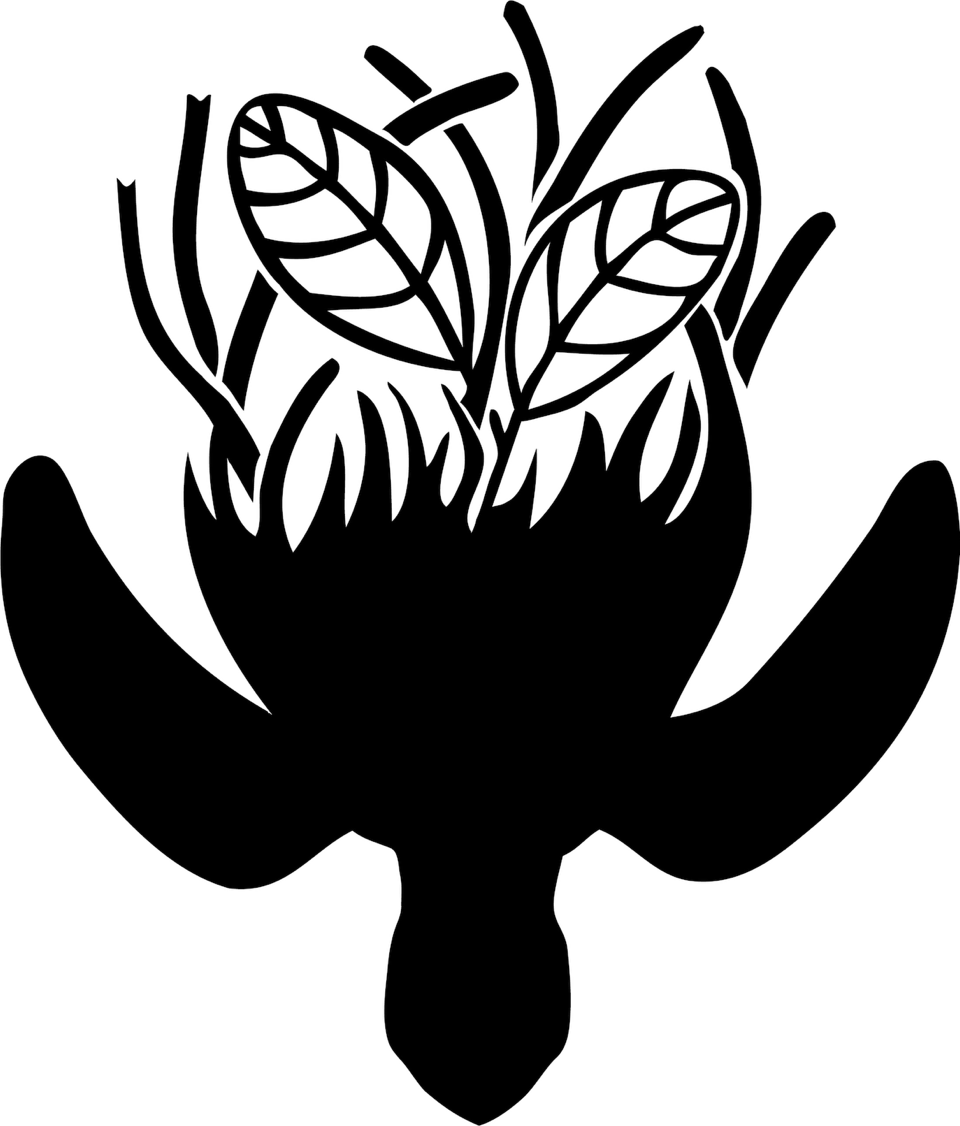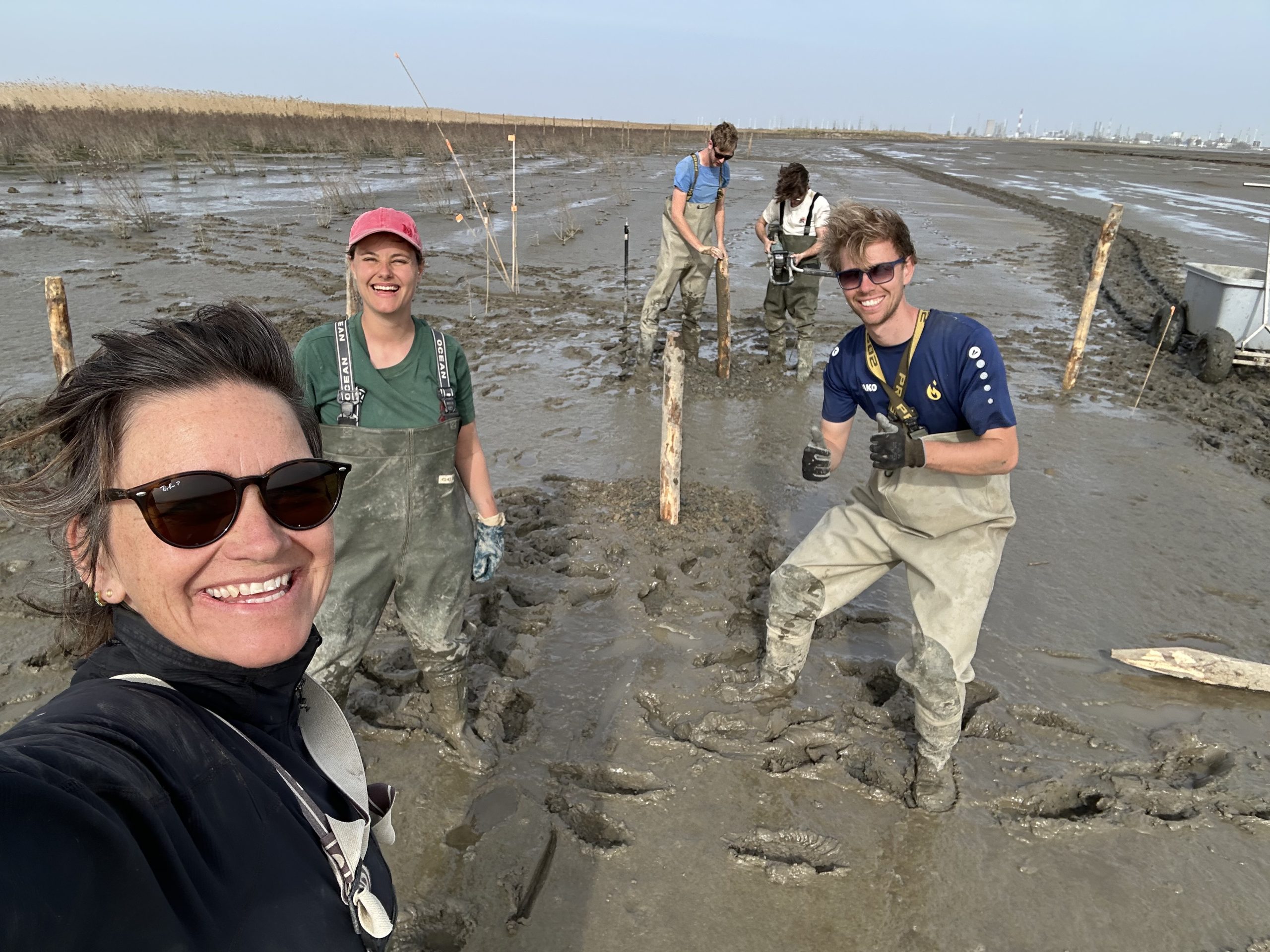
We are Passionate About
Coastal Ecology
Our mission is to contribute scientifically sound input to enhance the responsible management of coastal marine ecosystems.
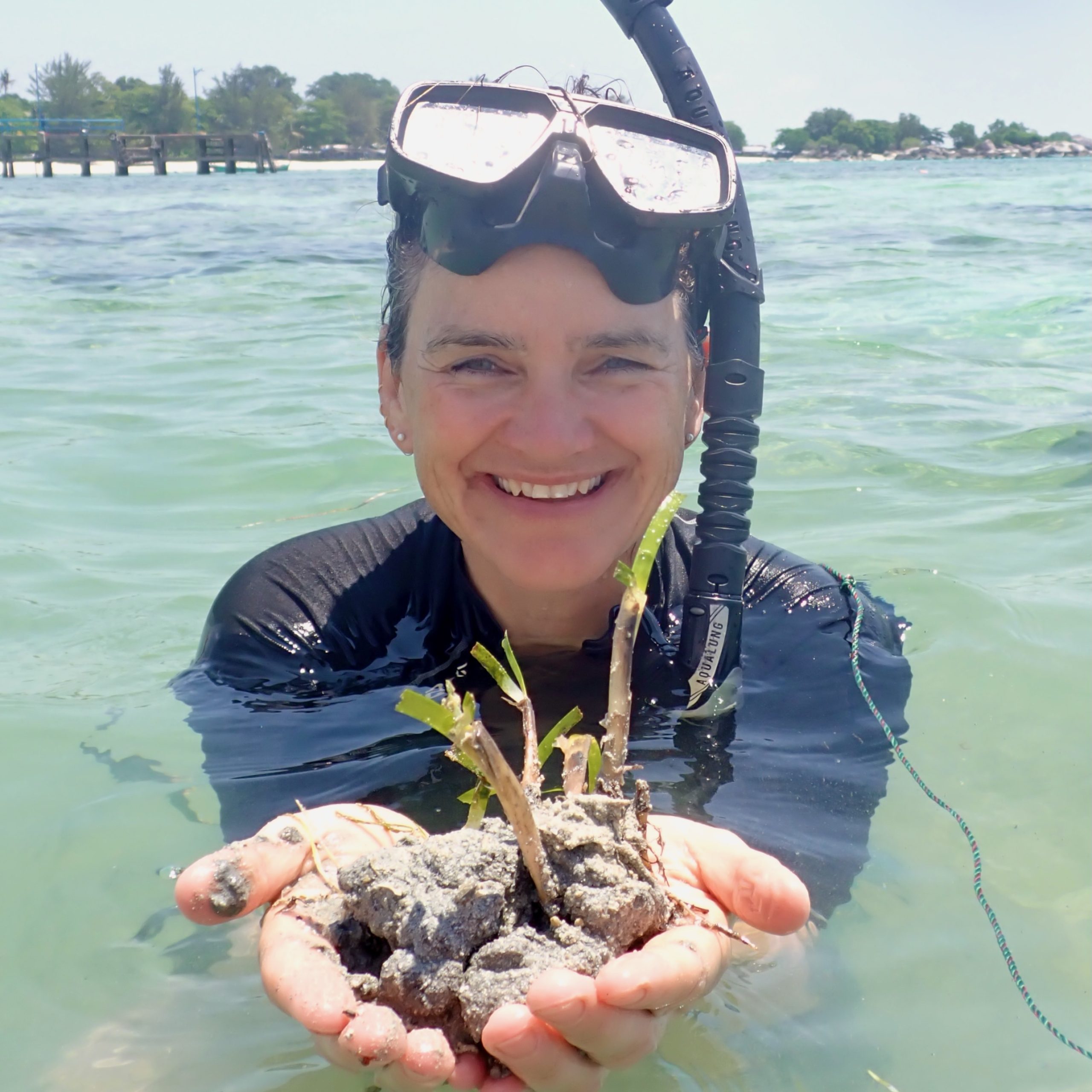
Marjolijn Christianen
Associate Professor
Projects: WildMarsh, No-Regrets, ASSESS , JIP-LIFE
Focussing on habitat-modifying species and rewilding to link ecological processes and foundation species for restoration applications to enhance ecosystem resilience against global change.
Keywords: coastal ecosystem functioning, resilience, restoration innovation
Methods: field experiments on ecosystem functioning, Technology-enabled
ecological monitoring (drones, animal-borne cameras, GPS tracking), food web
analysis
Locations: Indonesia, Bahamas, European coast, North Sea reefs, Dutch
Caribbean
Passionate About Research
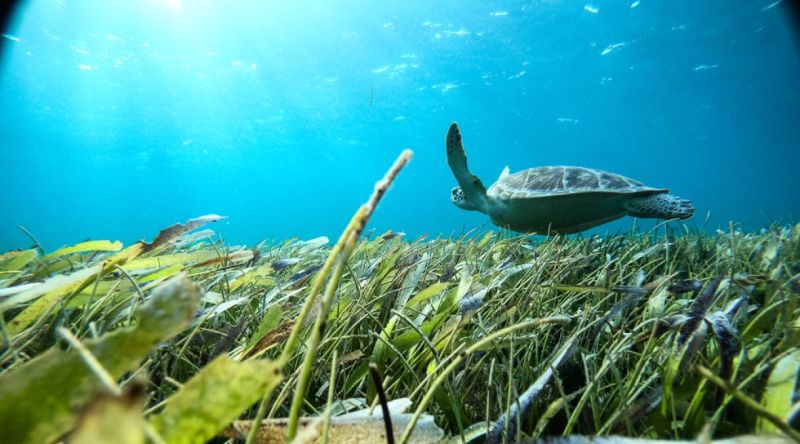
Celine van
Bijsterveldt
Lecturer
Project:
………………………………..
Keywords:
Methods:
Locations: North Sea, European coast

Mischa Streekstra
Lecturer
Project:
…………………………………………………………..
Keywords:
Methods:
Locations: North Sea, European coast

Bart de Koster
Teaching assistant
Project:
…………………………….
Keywords:
Methods:
Locations: North Sea, European coast
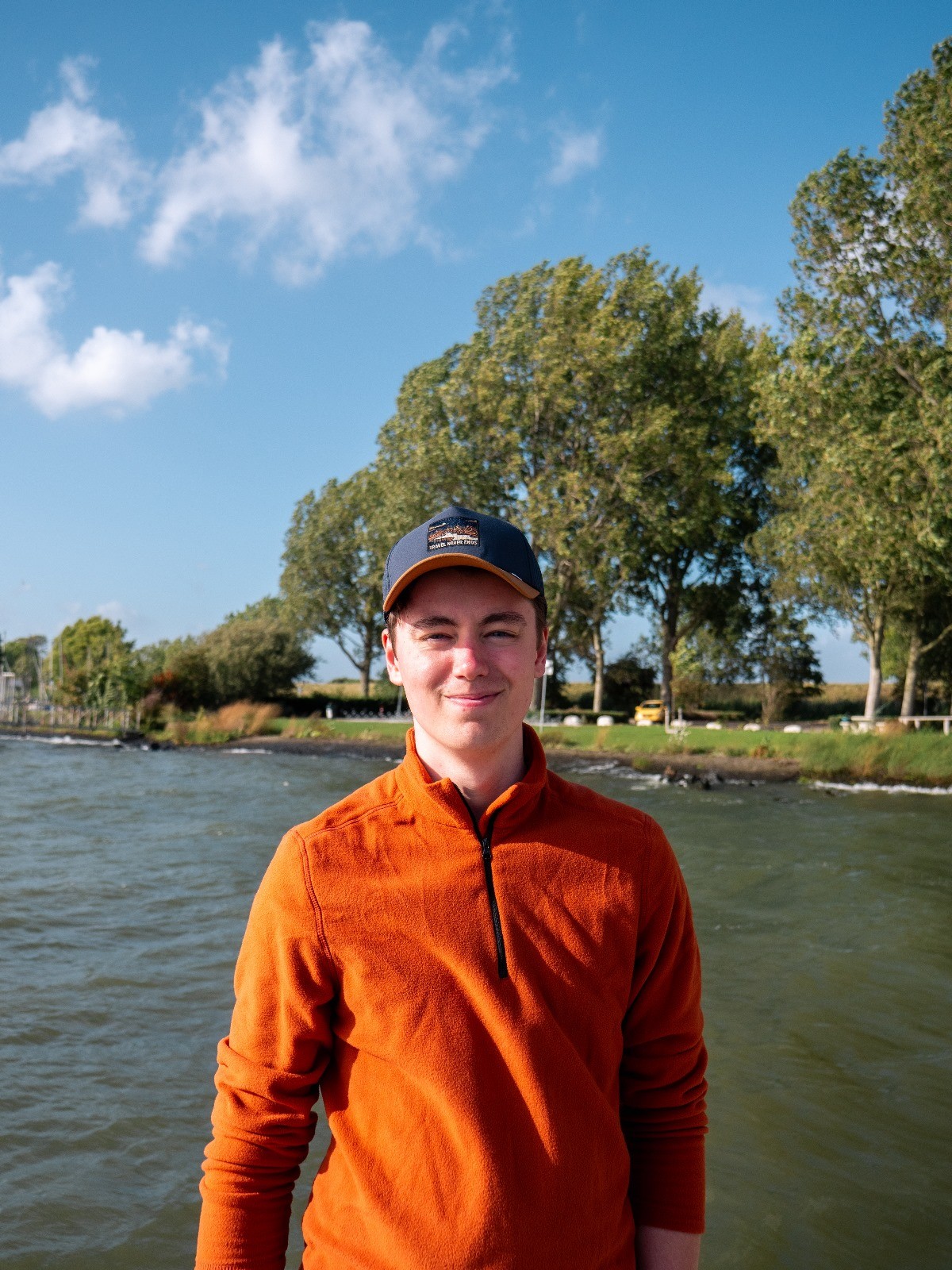
Kaïn van Calcar
PhD
Project:
Investigating how bioluminescent plankton are distributed in space and
time and how environmental stressors affect them.
Keywords: Plankton dynamics, global change ecology, harmful algal blooms, bioluminescence
Methods: Field sampling, plankton culturing, multistressor factorial designs, microscopy, community dynamics analysis
Locations: North Sea, European coast
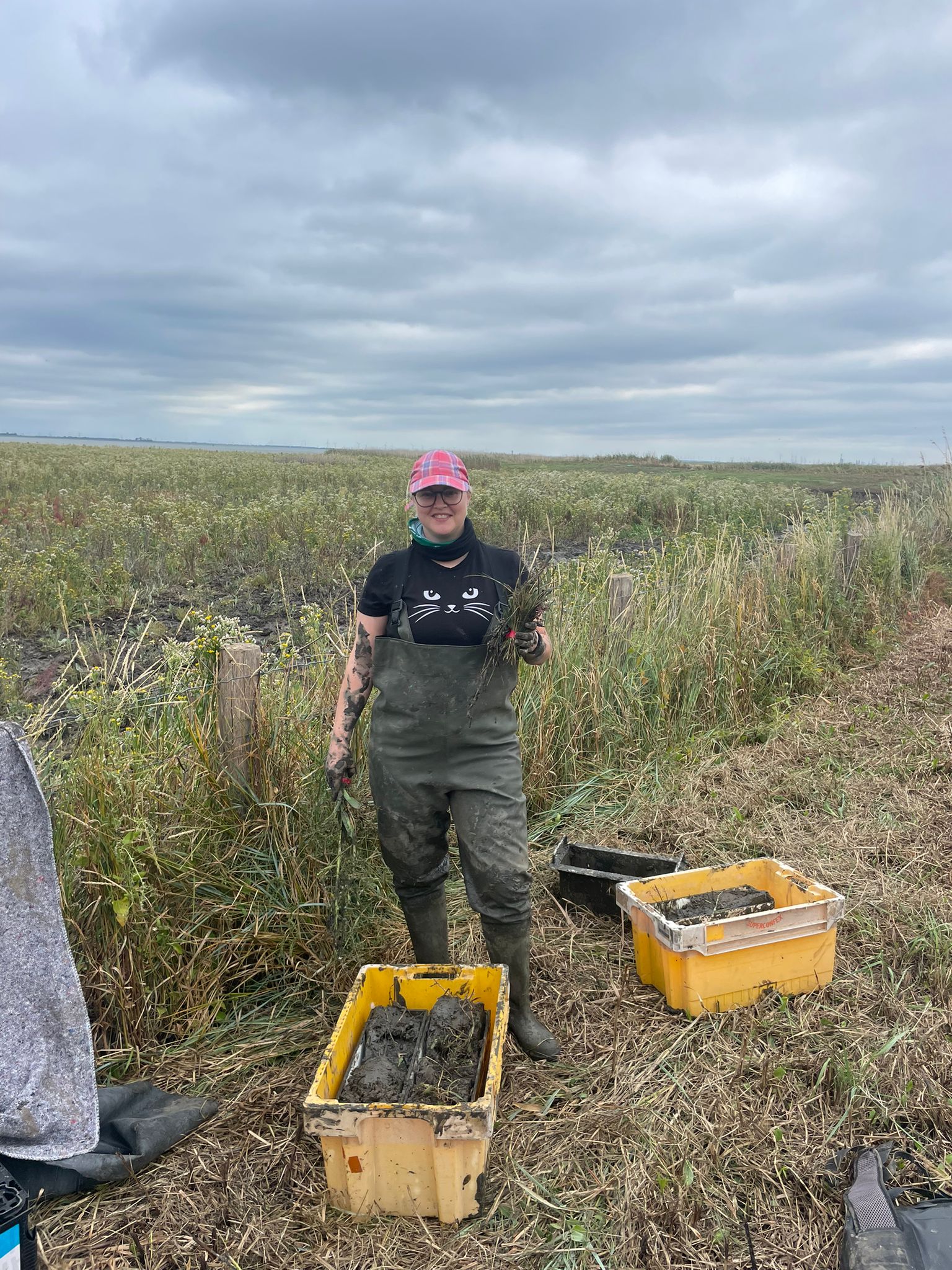
Annie Vera Hunnestad
Technician
Excited to be involved in large scale projects such as WildMarsh and dedicated to assist with research, in the lab or on location.
Keywords: marine biogeochemistry, seagrass, instrumentation, marine trace
metal interactions, microplastics
Methods: Seagrass and mangrove culturing, water quality monitoring methods, uFTIR, LDIR
Locations: North Sea, European coast
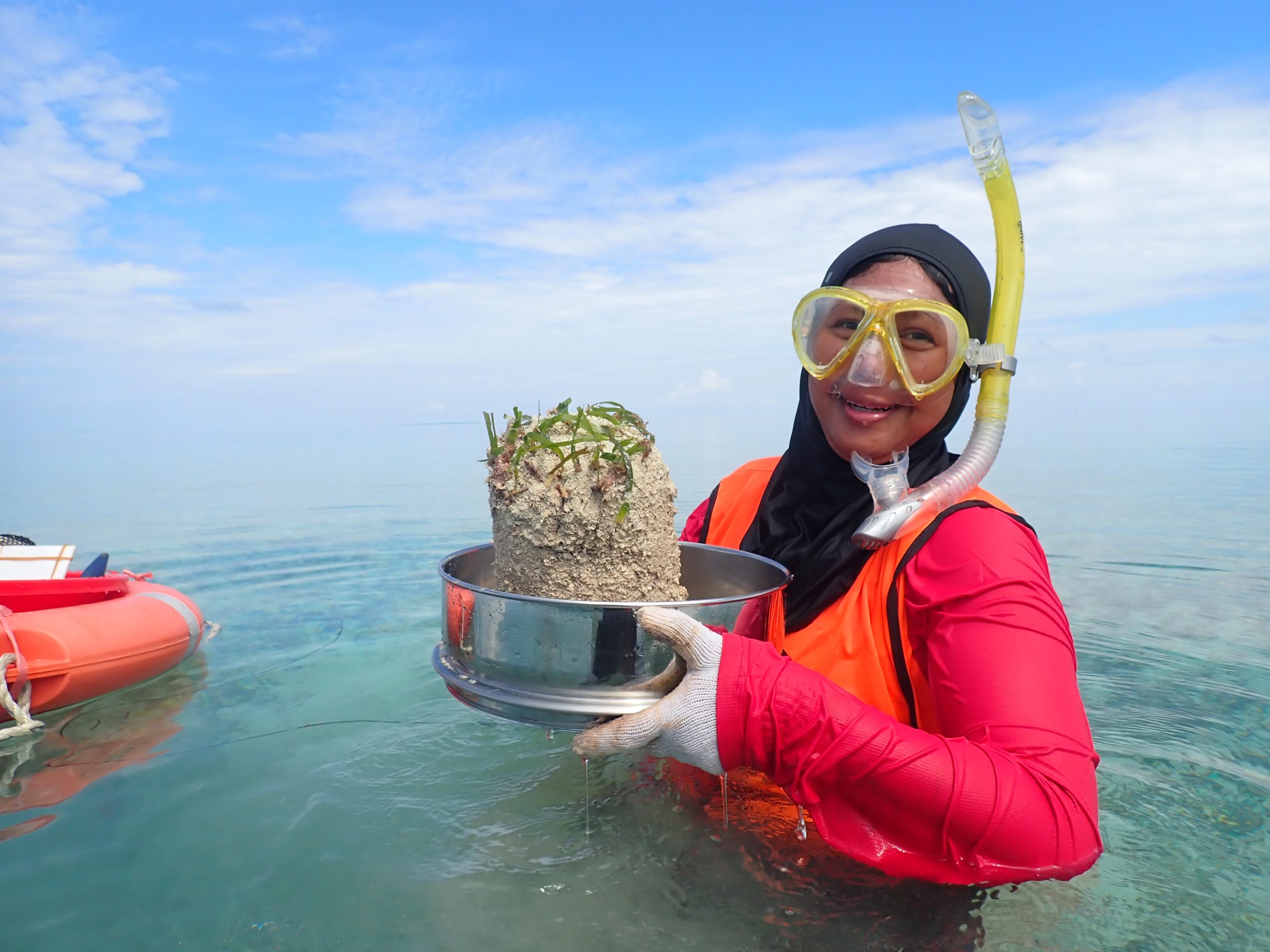
Susi Rahmawati
PhD
Project:
Understanding the impact of sea turtle grazing on sediment carbon dynamics in seagrass ecosystems, including organic carbon erosion, carbon emissions, and carbon sequestration capacity.
Key words: seagrass ecosystems, carbon dynamic, sea turtles, landscape configuration.
Methods: field sampling and experiments on ecosystem structures and functions, carbon analysis in seagrass and sediment.
Location: Indonesia (Phd project: Belitung, Kapoosang Island, and Derawan Island).
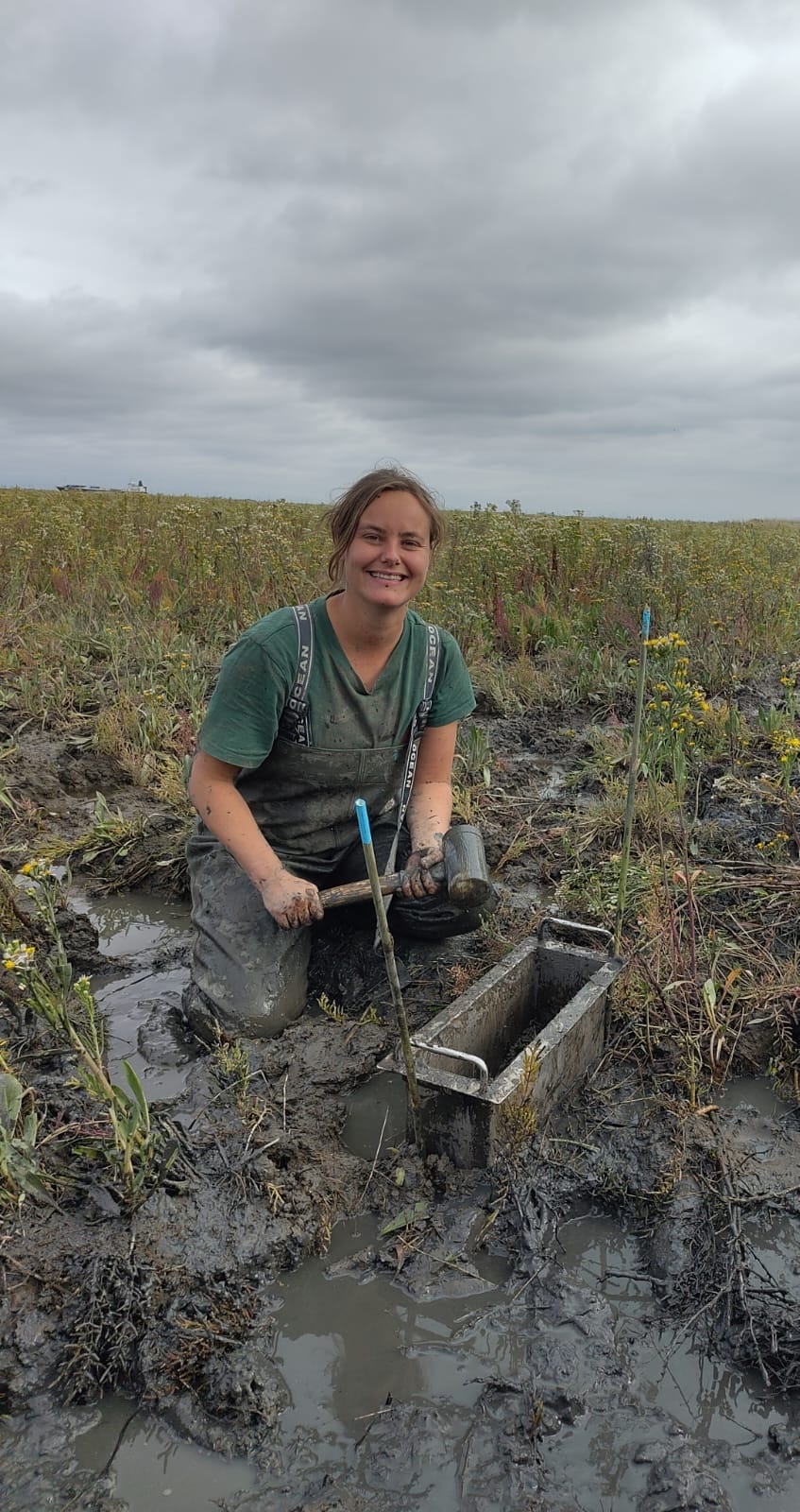
Marieke Mom
PhD
Understanding the effects of trophic
rewilding on ecosystem functioning and resilience against climatic stressors, combining field experiments with hydrodynamic flume experiments and controlled mesocosm experiments.
Keywords: Trophic rewilding, coastal resilience, ecosystem functioning, plant-
herbivore interactions
Methods: Field experiments (biodiversity, nutrient cycling, carbon sequestration,
sediment stability), outdoor mesocosm experiment (grazing, climatic stressors),
Remote ecological monitoring (drone, telemetry, camera traps), flume
experiments (sediment erodibility, NIOZ)
Locations: Netherlands (Zeeland), European Coast
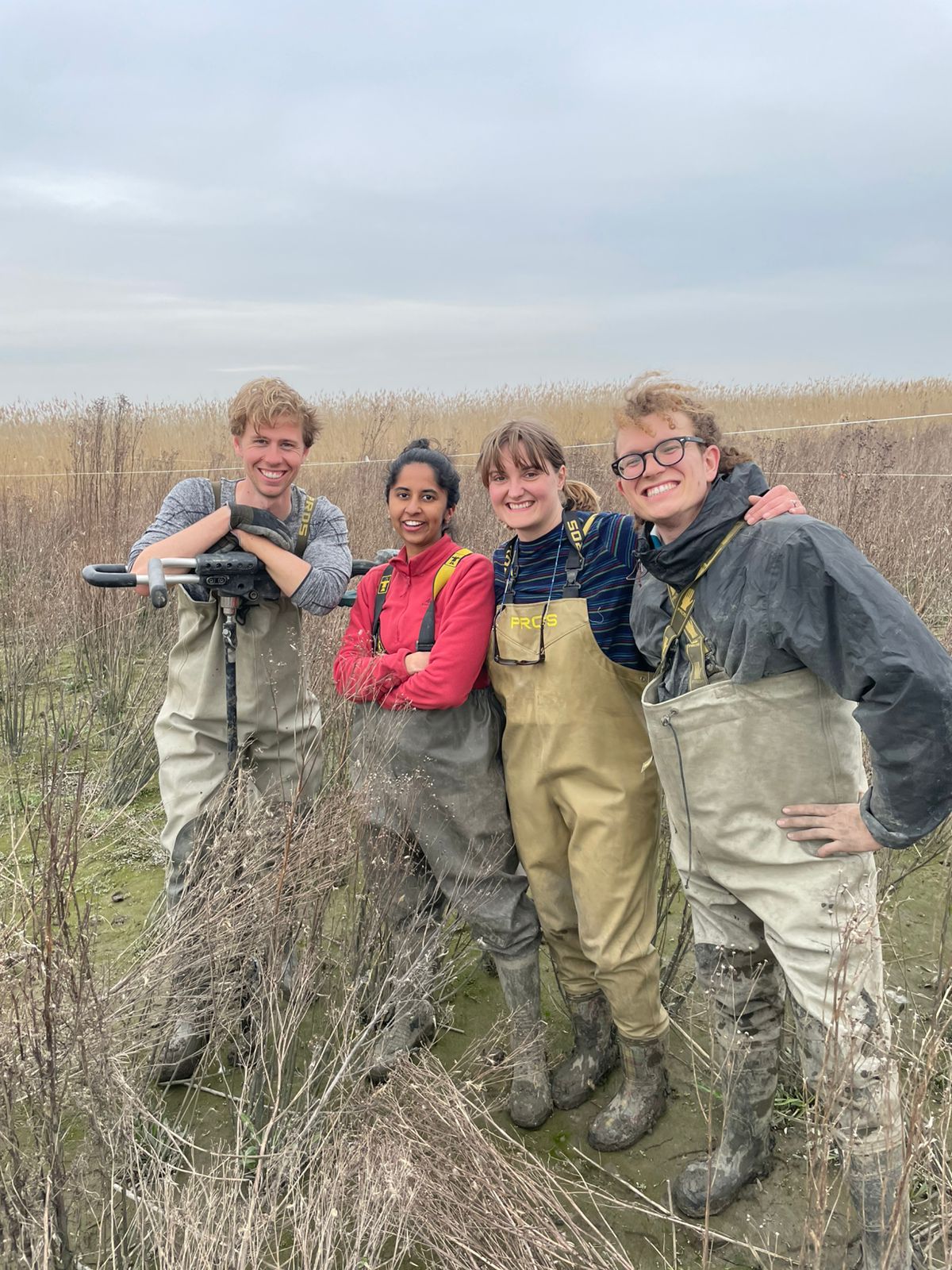
Jente van Leeuwe
PhD
Creating the link between hydrology and the nature that depends on it,
combining modelling and remote sensing tools to assess the suitability of Trophic Rewilding to enhance climate resilience and improve ecosystem functioning.
Key words: spatial ecology, rewilding, salt marshes, resilience indicators
Methods: spatial modelling, remote sensing
Location: salt marshes, field sites in Zeeland, Analysis covering the whole of the European coastline

Jenny Hickman
PhD
Project: WildMarsh
……………………………………
Keywords:
Methods:
Locations:
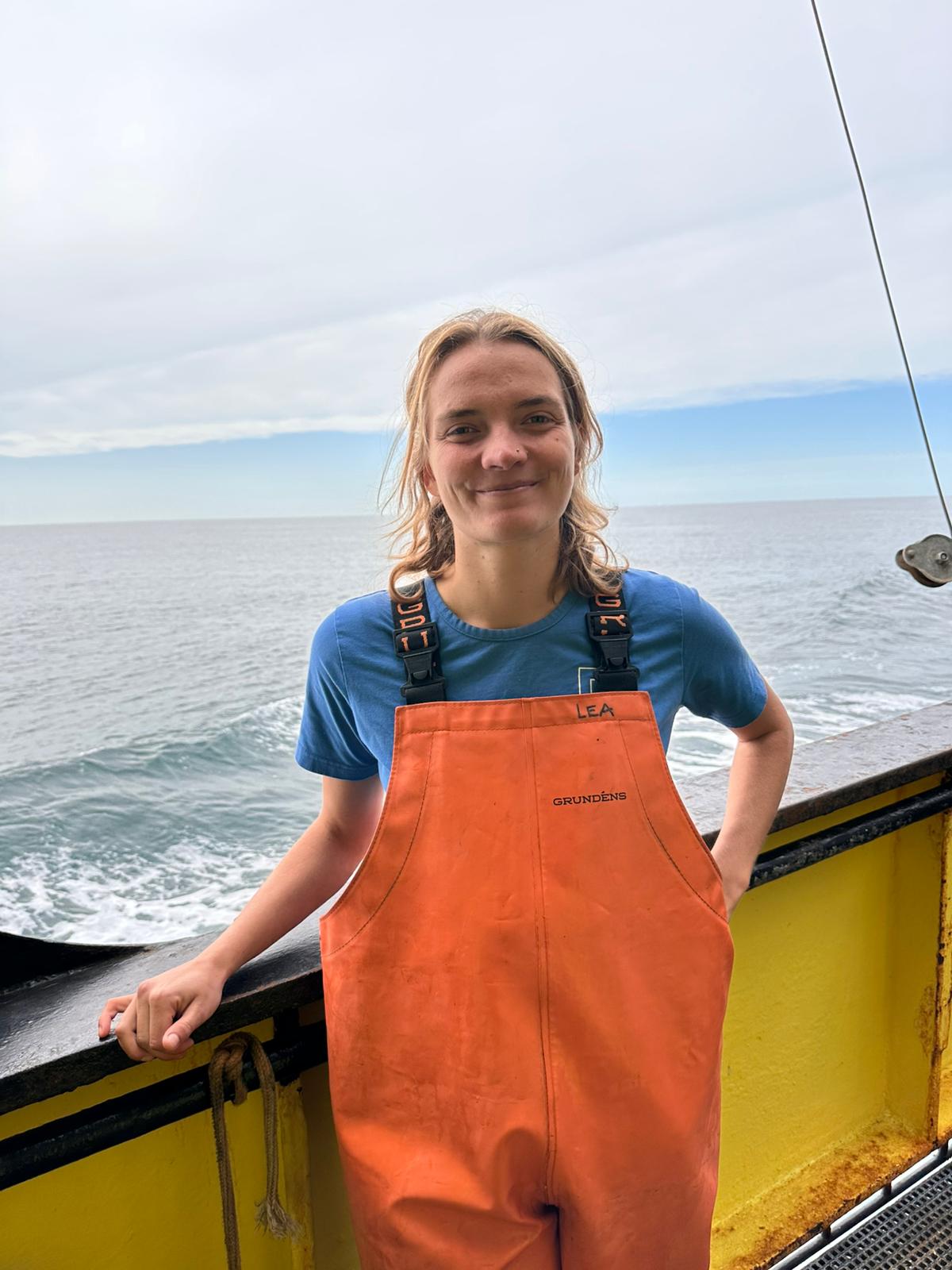
Lea Kornau
PhD
Quantify the effects of long-term placement of offshore renewable energy structures in the North
Sea on nutrient cycling and the local benthic food web, and studying the effects of a newly developed nature-inclusive design in offshore wind farms on the local biodiversity.
Keywords: benthic ecology, artificial reefs, North Sea, ecosystem processes, nutrient cycling, food webs, temperature reefs, offshore renewable energy, nature-inclusive designs
Methods: food web analysis, stable isotope analysis, incubation chamber, in-situ
experiments, labelling studies, video monitoring, scientific diving
Locations: North Sea
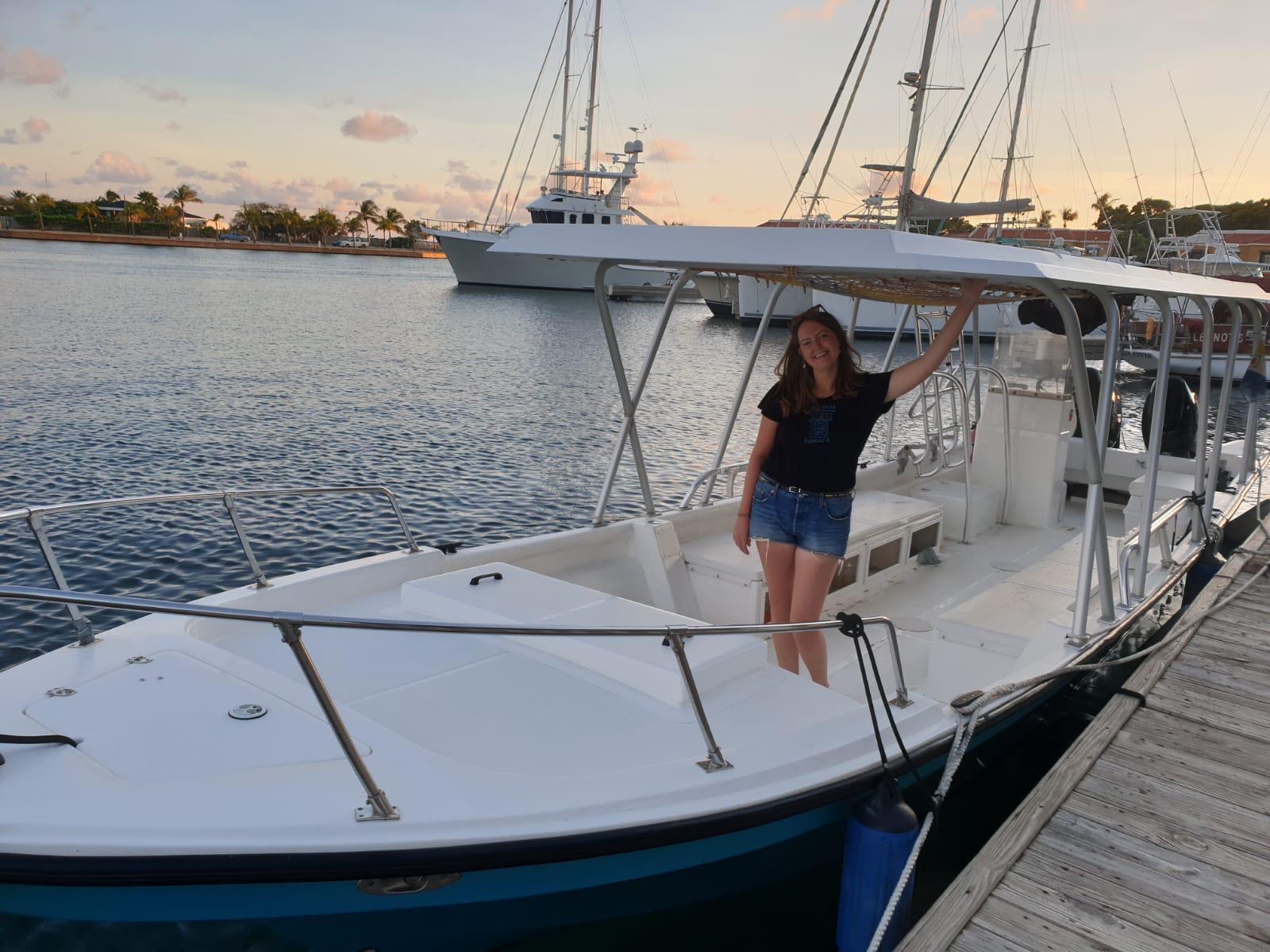
Liesa Celie
MSc
Understanding of hybridization in endangered species and contribute to knowledge-based conservation efforts by analyzing the diet of sea
turtles and the potential effect hybridization might have on their diets and consequently their ecosystem.
Keywords: Hybridization, conservation ecology, behavioral ecology
Methods: Stable isotope analysis, Behavioral assays, and Genetic analysis
Locations: Dutch Caribbean
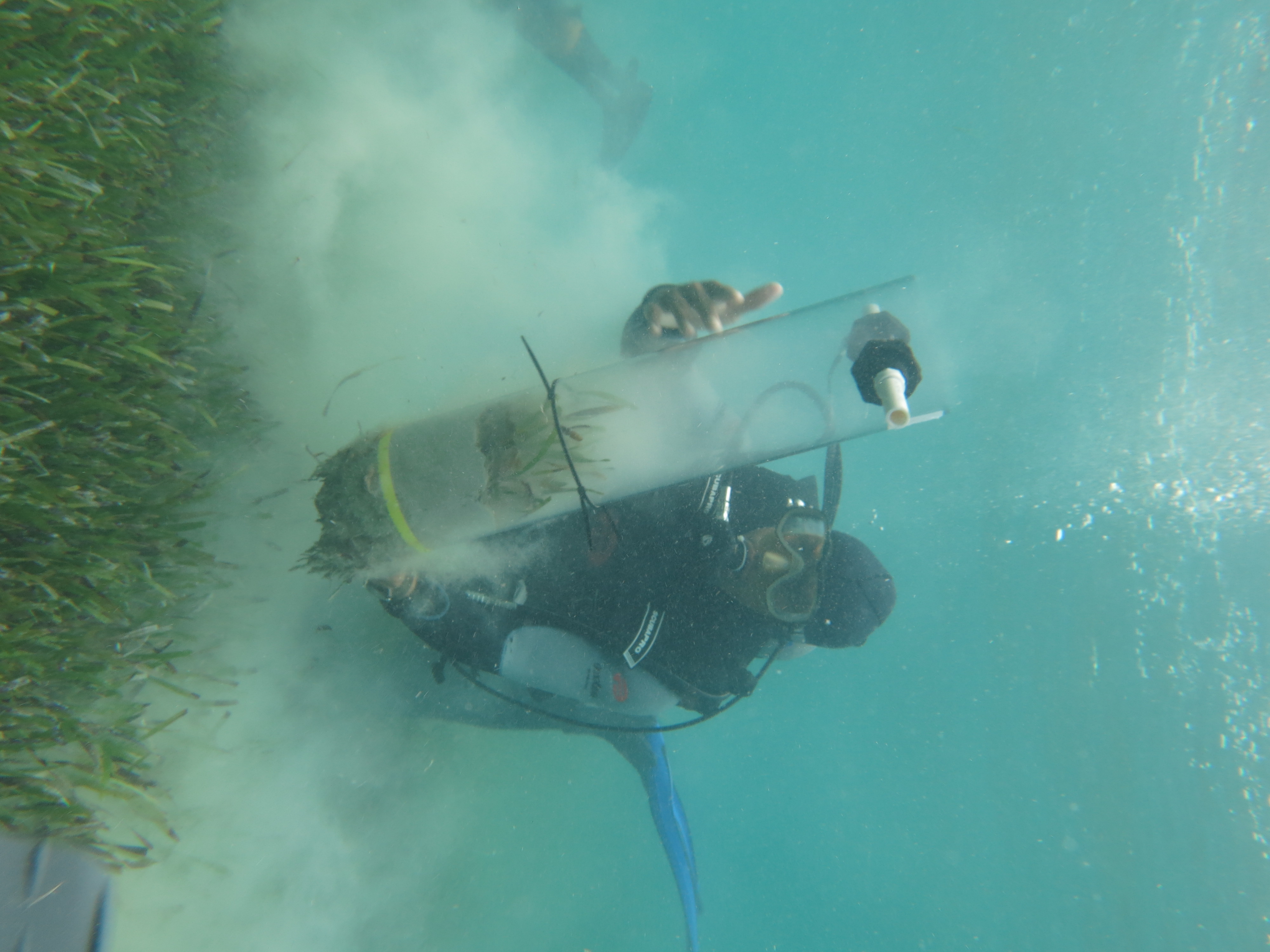
Justin E. Campbell
Exploring how climate change and other anthropogenic pressures influence the structure
and function of marine ecosystems by integrating several sub-disciplines of
ecology (ecophysiology / community ecology / global change biology).
Keywords: Seagrass ecology; Global change biology; Blue carbon services; Plant-herbivore interactions; invasive species.
Methods: Manipulative field and laboratory experiments; Coordinated network projects; Plant isotope and elemental analysis; Statistical analysis.
Locations: South Florida; Caribbean; Gulf of Mexico
